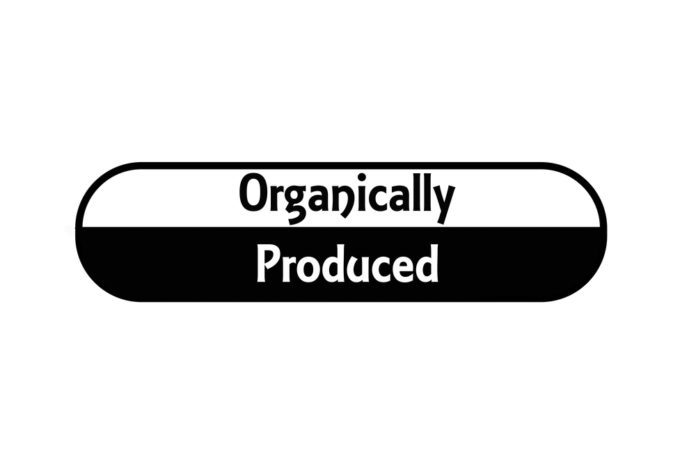Protest alleging that agency wrongly found protester’s proposal technically unacceptable is denied. The solicitation required offerors to propose a military exercise training packet that had been “produced organically,” which essentially meant that it had been produced by the entity submitting the proposal, not by a teammate. The agency rejected the protester’s proposal because its packet had been produced by a subcontractor. The protester argued that the “produced organically” requirement was ambiguous. But GAO disagreed, noting that in the agency had specifically stated in response to offeror’s questions that a packet from a subcontractor would not be considered “produced organically.”
The Army issued a solicitation seeking training support services for special operations forces. The solicitation required offerors to demonstrate their understanding of military exercises. As part of this, offerors were required to provide a realistic training packet and after action review for a previously executed exercise. The solicitation stated that offeror’s would only receive credit for a packet that had been “produced organically.”
Prior to the proposal deadline, an offeror asked the Army to clarify the meaning of “produced organically.” The offeror asked if an packet produced by either member of a joint venture would be considered organic. The Army answered that any exercise produced by a joint venture member would be considered, but that offerors would not be given credit for a packet produced by the government.
Another offeror asked the Army if “produced organically” meant 100% produced by a prime contractor or produced by any team member. The Army responded that credit would not be given for a packet produced by an affiliated entity.
Barbaricum, LLC submitted a proposal in response to the solicitation. Barbaricum’s proposal included a packet produced by one of its subcontractor. The Army found Barbaricum’s proposal unacceptable, reasoning that in offering a packet from its subcontractor, it failed to comply with a material solicitation requirement. Barbaricum protested.
Barbaricum argued that the solicitation did not prevent a prime contractor’s teammate from producing the packet. GAO disagreed, finding that the agency answered multiple questions on the meaning of “produced organically.” In response to a question concerning joint ventures, the Army had stated that for joint ventures “produced organically” meant that either JV member could have not produced the packet.
But in a question concerning teammates, the Army stated that a packet could not be produced by a teammate. To the extent Barbaricum relied on the response concerning joint ventures, Barbaricum had not shown how that response applied to its proposal, which contemplated a prime-subcontractor arrangement, not a joint venture. In the context of Barbaricum’s particular proposal, only Barbaricum, as the prime contractor, could produce the packet.
Barbaricum argued that the responses to the Q&A’s were ambiguous. But GAO noted that a solicitation is only considered ambiguous when it is susceptible to two or more reasonable interpretations. Here, Barbaricum’s interpretation was not reasonable because it failed to acknowledge that the Army explicitly stated that packets could not be produced by subcontractors.
Barbaricum is represented by David Y. Yang, Amy C. Hoang, and Sarah F. Burgart of K&L Gates LLP. The intervenor, F3EA, is represented by Joshua A. Mullen, Darwin A. Hindman III, and Rachael C. Haley of Baker, Donelson, Bearman, Caldwell & Berkowitz, PC. The agency is represented by Debra J. Talley and Andrea K. R-Ferrulli of the Army. GAO attorneys Lois Hanshaw and Evan C. Williams participated in the preparation of the decision.




